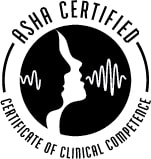It's summertime and your child may be taking a break from his direct speech therapy services (particularly if he is receiving services through his school SLP). What can you do to help him maintain his awesome skills over the break? How can you help him keep progressing without the homework sheets he brought home all school year?
Never fear! There are some amazing websites and apps that are perfect for filling the summer break therapy gap.
Mommy Speech Therapy: http://mommyspeechtherapy.com/?page_id=55
This site has SO many free worksheets! My advice, print off a few for sounds your child can make but isn't using in his daily conversation yet and practice them for about 5 minutes a day. You might need an SLP to teach sounds your child can't say at all yet BUT these worksheets are perfect for practicing sounds your child knows and just isn't using all of the time. Don't stress on words he is missing, practice, practice, practice the words he can do. For now, just mark the especially difficult words and let his SLP know when school starts back up again.
Word Vault: Get home-speech-home.com's World Vault app, it's FREE on the apple market!! This is my #1 go to to practice sounds with kids who can read (the free app has no pictures, just word lists). Play around with it, you can change where the sound is at in the words (beginning, middle, and end) you can also change how difficult the words are and put them into sentences or paragraphs.
All of these activities may not work for your child, but this summer try them out. If you are looking for activities tailored more specifically to your child's needs and interests...talk with your SLP, we are the experts when it comes to designing speech and language programs!
Never fear! There are some amazing websites and apps that are perfect for filling the summer break therapy gap.
Mommy Speech Therapy: http://mommyspeechtherapy.com/?page_id=55
This site has SO many free worksheets! My advice, print off a few for sounds your child can make but isn't using in his daily conversation yet and practice them for about 5 minutes a day. You might need an SLP to teach sounds your child can't say at all yet BUT these worksheets are perfect for practicing sounds your child knows and just isn't using all of the time. Don't stress on words he is missing, practice, practice, practice the words he can do. For now, just mark the especially difficult words and let his SLP know when school starts back up again.
Word Vault: Get home-speech-home.com's World Vault app, it's FREE on the apple market!! This is my #1 go to to practice sounds with kids who can read (the free app has no pictures, just word lists). Play around with it, you can change where the sound is at in the words (beginning, middle, and end) you can also change how difficult the words are and put them into sentences or paragraphs.
All of these activities may not work for your child, but this summer try them out. If you are looking for activities tailored more specifically to your child's needs and interests...talk with your SLP, we are the experts when it comes to designing speech and language programs!

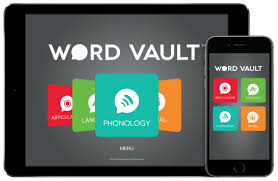
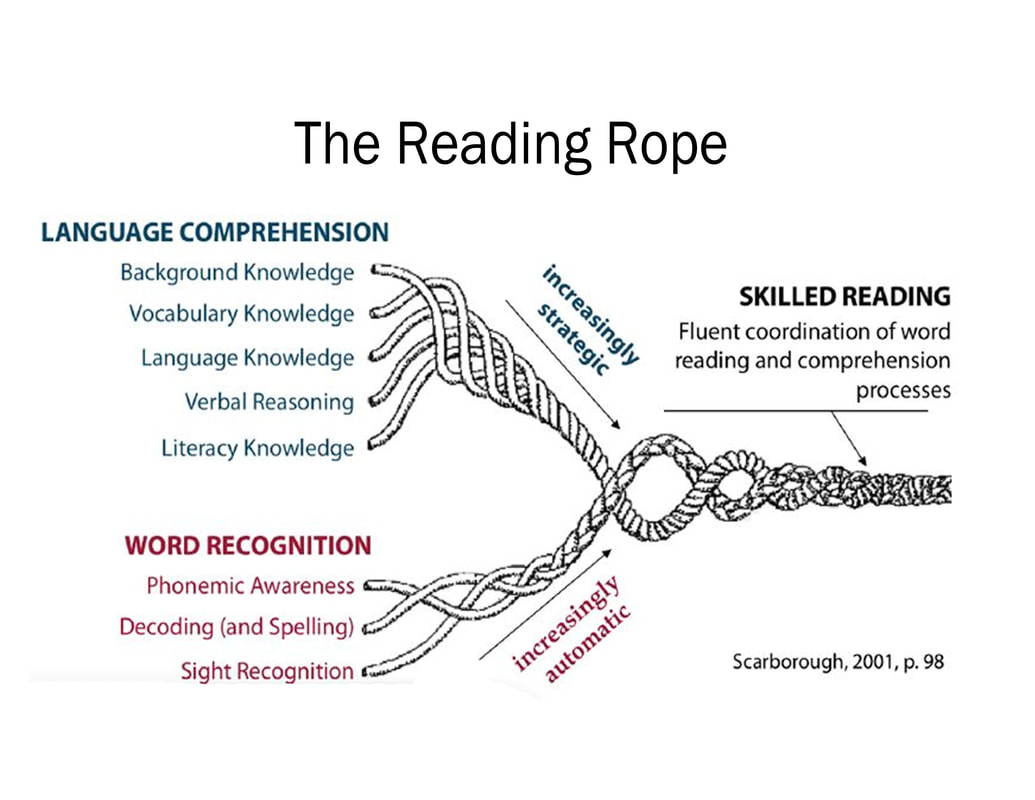
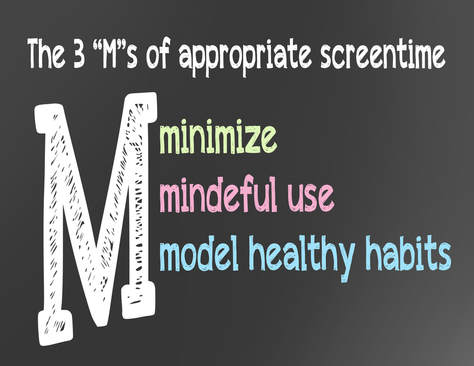
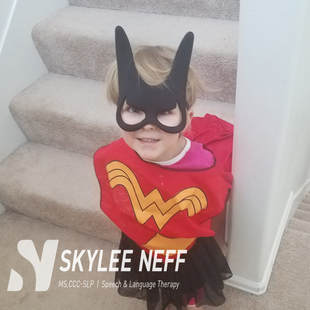
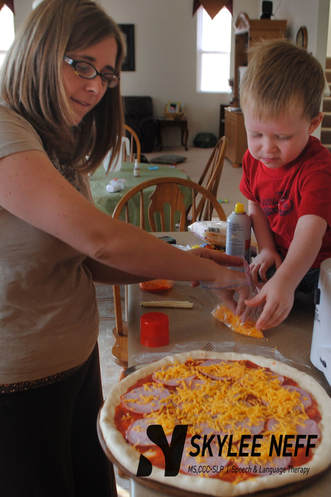
 RSS Feed
RSS Feed
